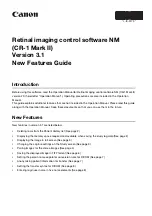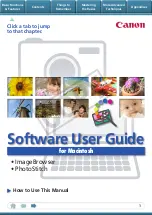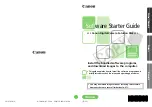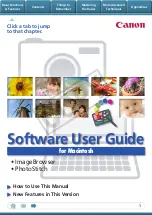
Glossary
111
Site Consistency Checker – SCC (also known as the SKCC)
The updated version of the Exchange Server 5.5 Knowledge Consistency Checker (KCC)
that works in conjunction with (and is part of) the Exchange Site Replication Service to
ensure that knowledge consistency of sites, administration groups and Active Directory
domains is maintained when interoperating between Exchange 2000 and Exchange 5.5.
When changes are detected in either environment, the SCC may adjust existing configura-
tion connection agreements.
Site Replication Service – SRS
A directory service (similar to the directory used in Exchange Server 5.5) implemented in
Exchange 2000 to allow the integration with downstream Exchange 5.x sites using both
Remote Procedure Calls (RPC) and mail-based replication. The SRS works in conjunction
with the Active Directory Connector to provide replication services from Active Directory
to the Exchange 5.x Directory Service.
Storage group
A collection of Exchange databases on a server running Exchange 2000 that share the
same Extensible Storage Engine (ESE) instance and transaction log. Individual databases
within a storage group can be mounted and dismounted. Each server running Exchange
2000 can architecturally host up to 16 storage groups, although only four can be defined
through the Exchange System Manager.
SSL
Secure Sockets Layer version 3.0 is defined in the Internet draft <draft-ietf-tls-ssl-version3-
00.txt>.
Store
The generic name given to the storage subsystem on a server running Exchange. This term
is used interchangeably to describe the Store.exe process and Exchange databases.
Stream Cipher
A stream cipher is another use of symmetric encryption. Stream ciphers process small units
of plaintext, usually bits. Stream ciphers are much faster than block ciphers, and can be
applied to data as it is sent or received. You do not need to know the size of the message,
or receive the entire message before beginning to decrypt the message. This is useful for
encrypted conversations over a network such as SSL rather than individually-encrypted
messages.
Symmetric Cipher
Symmetric, or shared-key, ciphers are a form of data encryption in which a single key,
known by the sender and the recipient, is used to encrypt and decrypt a message. While
this form of encryption is efficient and effective, it is often difficult to share the key
between both parties in a secure manner. It requires that the sender communicate the key
to the recipient in a secure way.




































